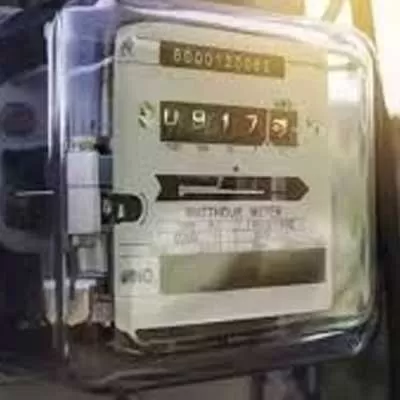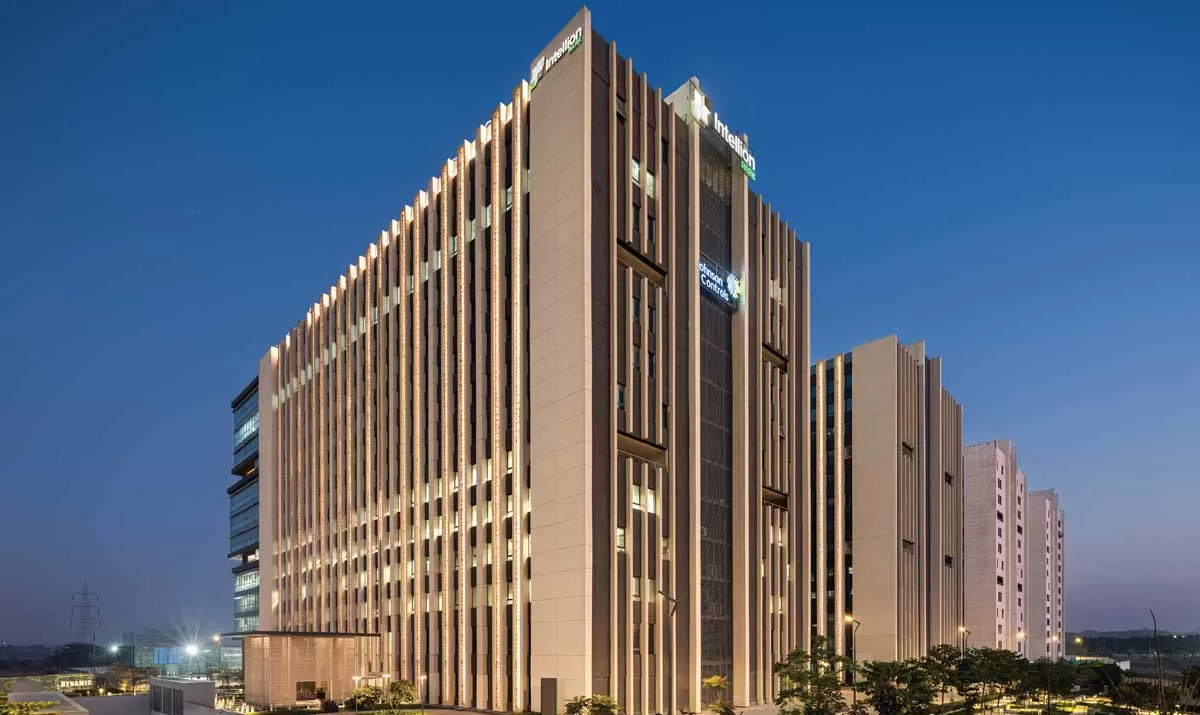
Polaris Secures Rs.2,246 Cr Project in West Bengal

Tata to Establish Rs 32.73 Bn IT Park in Whitefield, Bengaluru
The Karnataka Government has granted approval to Tata Realty and Infrastructure Limited (TRIL) to establish a cutting-edge IT and ITES business park in Bengaluru, entailing an investment of Rs 32.73 bn. The forthcoming Tata Intelion Park will be situated within the Doddanekkundi Industrial Area in Whitefield, spanning 25.5 acres. The development is projected to generate employment opportunities for approximately 5,500 individuals. TRIL acquired the land from Graphite India Limited in August 2023 at a cost of Rs 9.86 bn. The park will comprise infrastructure for IT, retail, and associated ser..

Proposed Safeguard Duty on Steel Imports Concern for Indian CE Sector
The Indian Construction Equipment (CE) industry, currently valued at around $9.5 billion, stands as the third-largest in the world, following only the United States and China. The sector plays a pivotal role in enabling infrastructure development across the country by supplying advanced, high-performance machinery required for building roads, bridges, railways, and urban infrastructure efficiently and cost-effectively.Steel is a critical raw material in the manufacture of construction equipment, forming the backbone of heavy-duty machines used across multiple sectors. Various grades of steel, ..

Indian Real Estate Sees 5x Jump in Deal Values in Q1 2025: GTB
According to the Grant Thornton Bharat Real Estate/REITs Dealtracker, Q1 2025, India’s real estate sector witnessed a robust surge in deal activity, with 28 transactions totaling $1.2 billion— reflecting a remarkable 133% year-on-year growth in volumes and more than a five-fold jump in values compared to Q1 2024. This momentum came despite a subdued IPO and QIP landscape, reflecting sustained investor confidence in the sector. While overall values were down 51% quarter-on-quarter due to the absence of large QIP deals seen in Q4 2024, strong private equity and M&..














